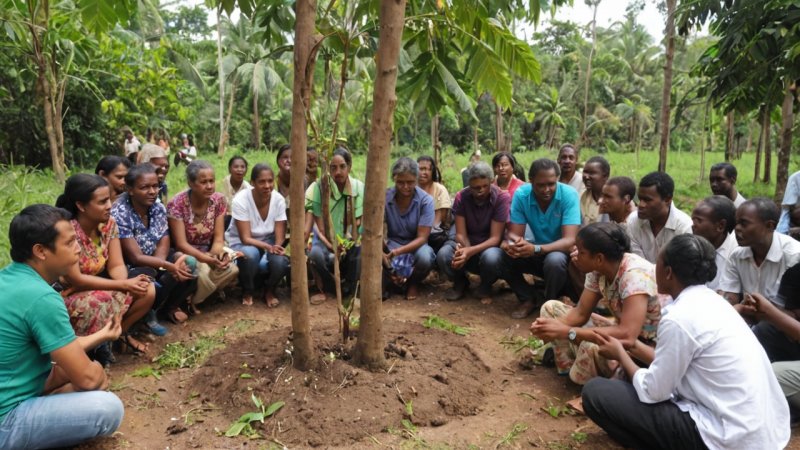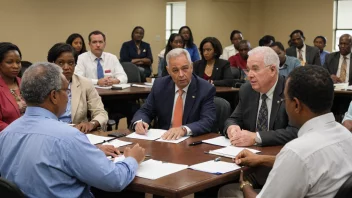Involving local communities in conservation efforts is essential for the success and sustainability of environmental initiatives. When communities understand the value of their natural resources and actively participate in protecting them, the results can be transformative. Here are several effective strategies to engage communities in conservation efforts, ensuring that local voices are heard and their needs are met.
Educate and Raise Awareness
One of the first steps to involving local communities in conservation is to educate them about the importance of their environment. This can be achieved through:
- Workshops and seminars that explain the local ecosystem and its significance.
- Distributing educational materials like brochures and pamphlets that highlight conservation practices.
- Utilizing social media platforms to share success stories and conservation tips.
Empower Community Leaders
Identifying and empowering local leaders can significantly enhance community involvement. Strategies include:
- Training community leaders in environmental management to foster leadership skills.
- Creating platforms for these leaders to share their knowledge and experience with others.
- Encouraging leaders to advocate for community interests in environmental policy discussions.
Incorporate Traditional Knowledge
Communities often possess valuable traditional knowledge about their environment. Recognizing and integrating this knowledge can improve conservation outcomes:
- Involve elders and traditional practitioners in conservation planning.
- Document and respect traditional practices that contribute to biodiversity conservation.
- Facilitate dialogue between scientists and local communities to share insights.
Facilitate Active Participation
Creating opportunities for hands-on involvement can deepen community commitment to conservation initiatives:
- Organize community clean-up days to foster a sense of ownership over local environments.
- Encourage participation in tree-planting events or habitat restoration projects.
- Establish local conservation committees that oversee projects and engage residents.
Provide Incentives for Participation
Offering incentives can motivate community members to engage in conservation efforts:
- Recognize and celebrate community efforts through awards and public acknowledgment.
- Provide training programs that equip community members with skills for sustainable livelihoods.
- Develop eco-tourism initiatives that benefit the community while promoting conservation.
In conclusion, engaging local communities in conservation efforts requires a multifaceted approach that prioritizes education, empowerment, and active participation. By leveraging traditional knowledge, creating hands-on opportunities, and providing incentives, communities can become champions of their environment. Together, we can build a sustainable future that reflects the values and needs of those who live in and care for these vital ecosystems.






